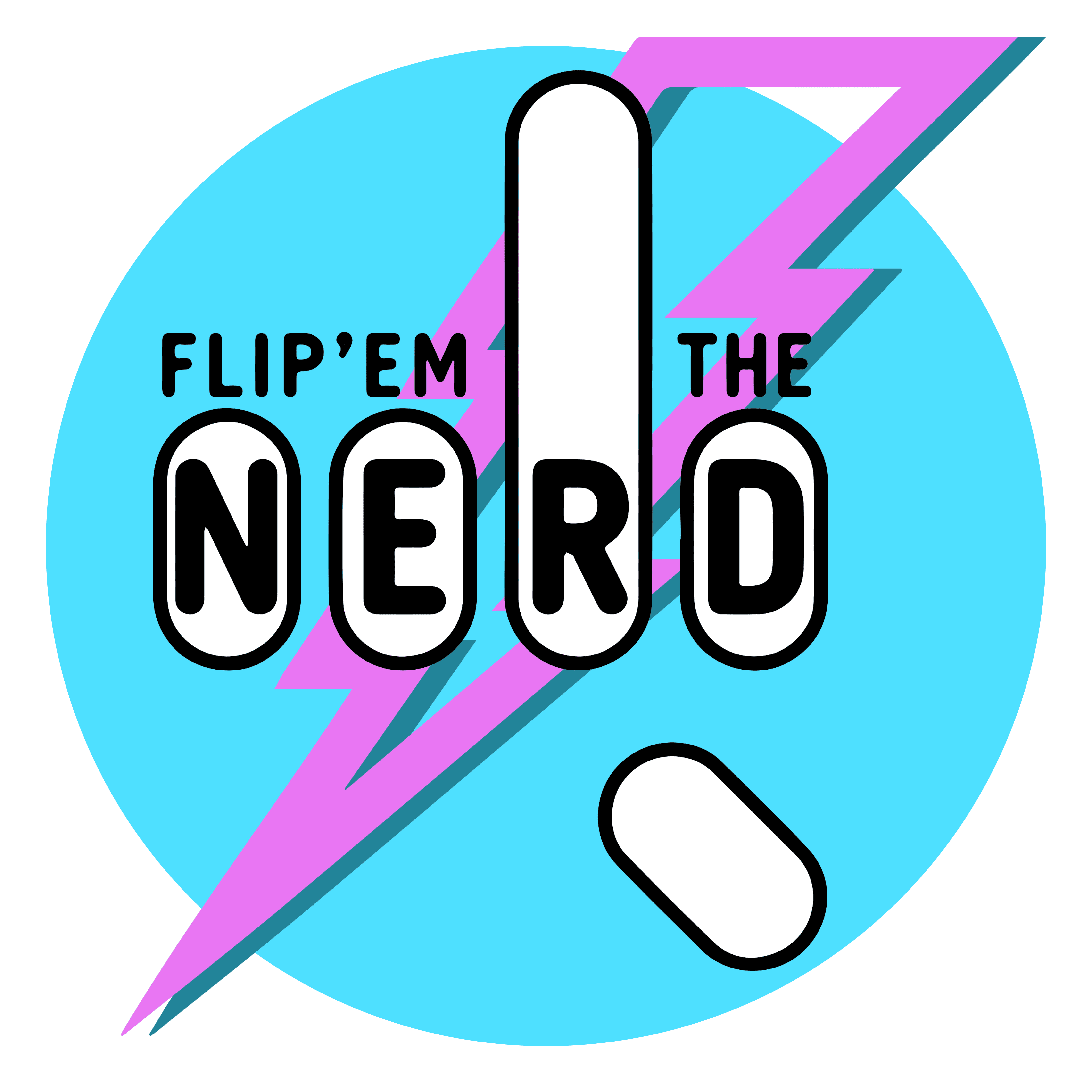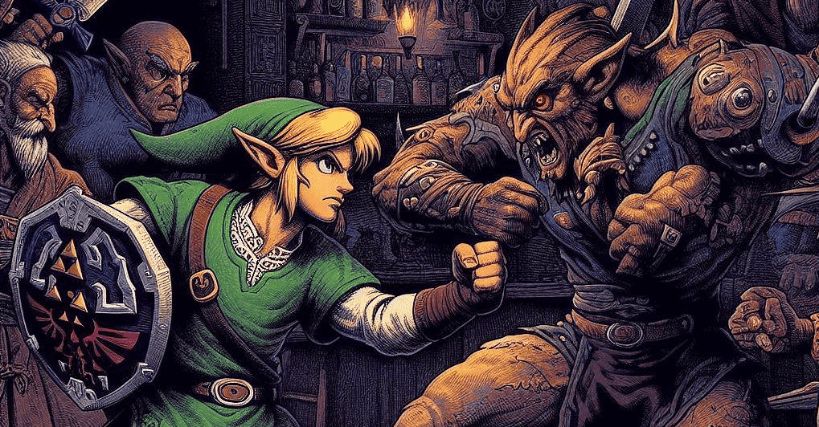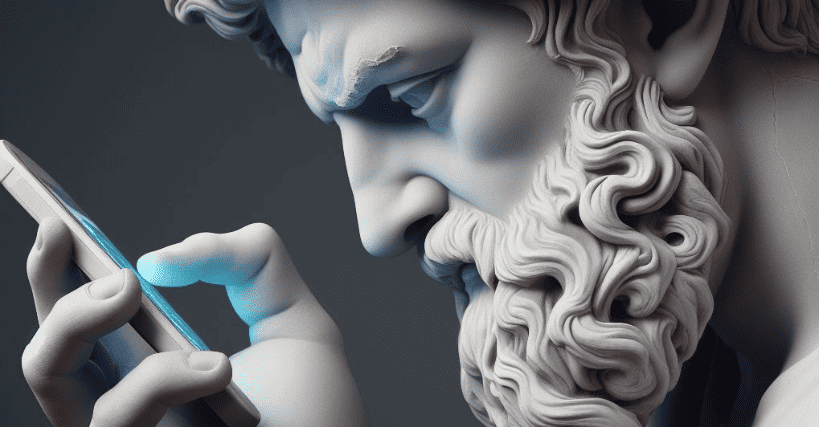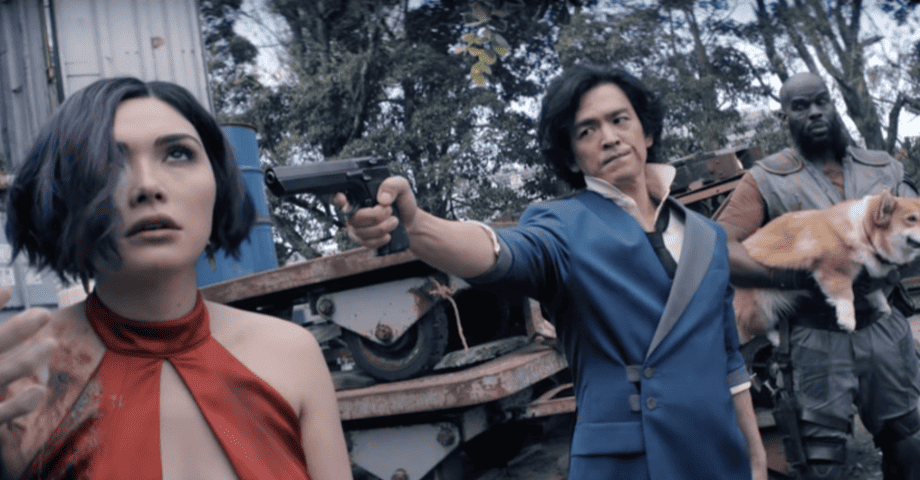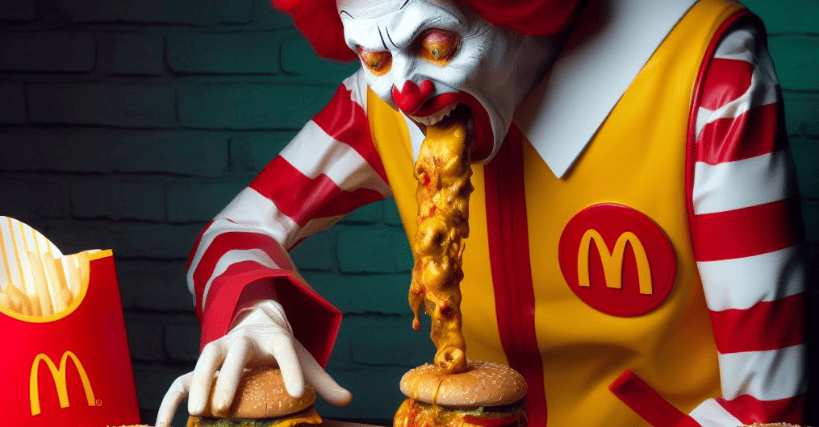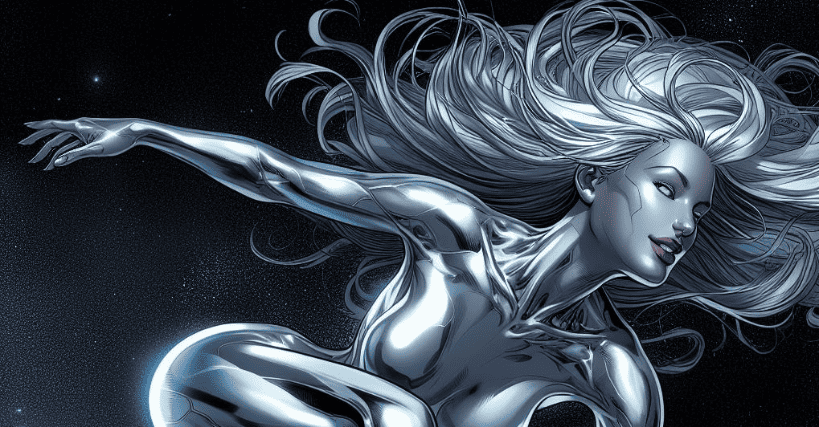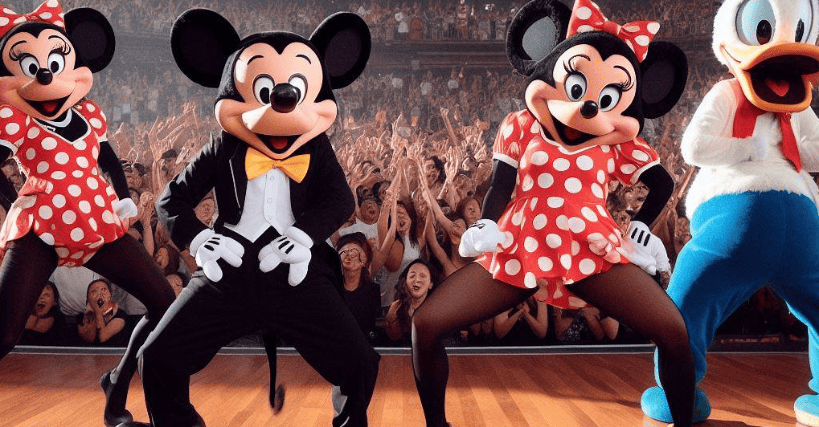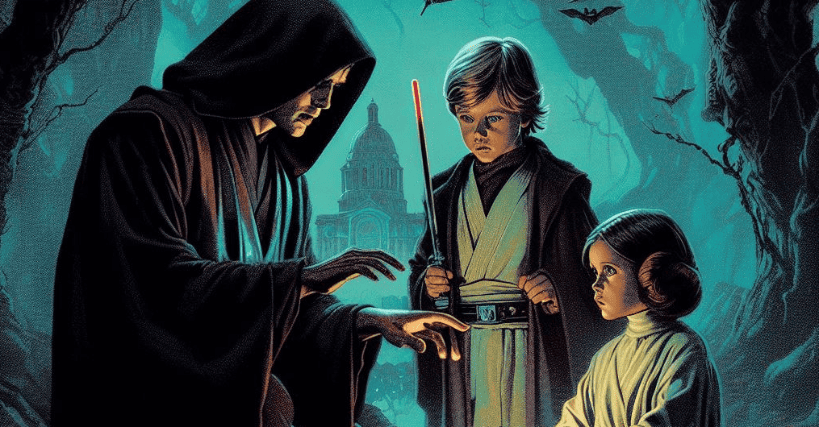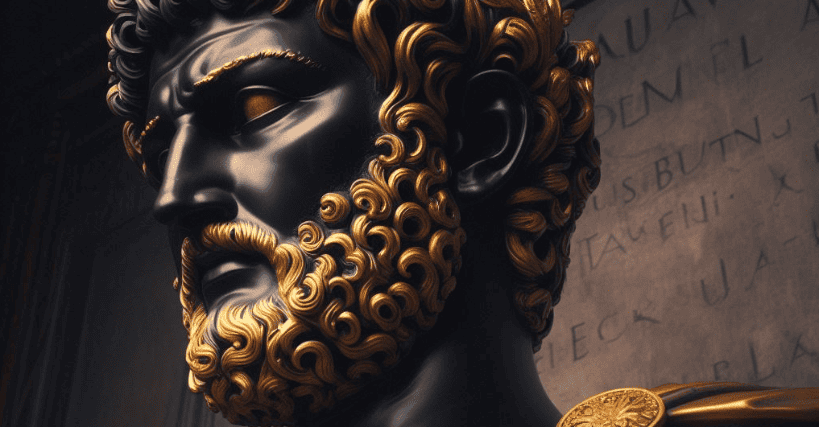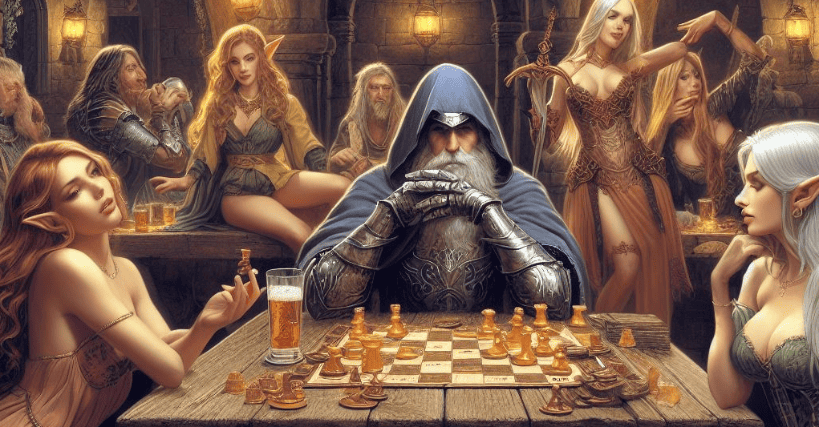
The Mask – A Metaphor for Alcoholism?
Could the 1994 film ‘The Mask’ be a metaphor for Alcoholism? Some fan’s of this classic 90’s movie suggest that it might.
At the beginning of the film, “The Mask,” we are introduced to the main character, Stanley Ipkiss, who is a meek and mild-mannered bank clerk. Stanley describes himself as a “nice guy” with a miserable life. He has a job, but he lacks the confidence to stand up for himself or pursue his dreams. However, his life changes drastically when he discovers the mask, which has the power to transform him into a charismatic and invincible persona.
The Mask acts as a metaphor for the effects of alcohol, as it lowers inhibitions and amplifies our innermost desires. When Ipkiss wears the mask, he becomes a suave and confident ladies’ man, with no fear or shame. He is free to express his true self without any consequences, just like when we drink and lose our inhibitions.
However, just like with alcohol, the effects of the mask can be dangerous and unpredictable. Ipkiss becomes impulsive and reckless, engaging in dangerous and criminal behaviors, from robbing banks to aggressively pursuing Tina Carlyle. He loses control over himself and his actions, just like when we drink and become aggressive or violent.
The movie illustrates the consequences of losing control and giving in to our inner demons. Most times when Ipkiss wakes up from an outing with the mask, he appears just as most people the morning after drinking too much. He appears hungover, with a fuzzy recollection of the previous night’s events, and he is generally horrified by his actions.
Moreover, The Mask only works at night, just like alcohol mostly works its magic at night. Most people perceive drunken behavior as disturbing during the day, but at night, the same behavior can make you the life of the party. This suggests that our perceptions of acceptable behavior are influenced by our environment and social norms.
When Ipkiss is asked how the mask works, he explains, “I don’t know… It’s like it brings your innermost desires to life. If deep down inside, you’re a little repressed and a hopeless romantic, you become some sort of a love-crazy wild man.” This statement highlights the power of our inner desires and how they can drive our behavior, even when we are not aware of them. It also suggests that we need to be mindful of our desires and understand how they shape our actions.
However, Ipkiss warns that in the hands of Dorian Tyrell, the main villain of the movie, the mask will be extremely dangerous. This suggests that just as with alcohol, the mask can be harmful when used by individuals who are already inclined toward violence and criminal behavior.
Finally, when Ipkiss decides he doesn’t need or want the mask anymore, it keeps coming back like the temptation to drink, either as a social crutch or full mask-oholism. This highlights the addictive nature of the mask and the difficulty of letting go of our inner demons.
In conclusion, “The Mask” is a cautionary tale about the dangers of losing control and giving in to our inner demons. The movie illustrates the effects of alcohol, as it lowers inhibitions and amplifies our innermost desires, leading to impulsive and reckless behavior. It also shows the consequences of such behavior, from regret and shame to criminal charges and violence. Therefore, we need to be mindful of our desires and understand how they shape our actions, and we need to practice self-control and moderation when it comes to alcohol and other intoxicants.
